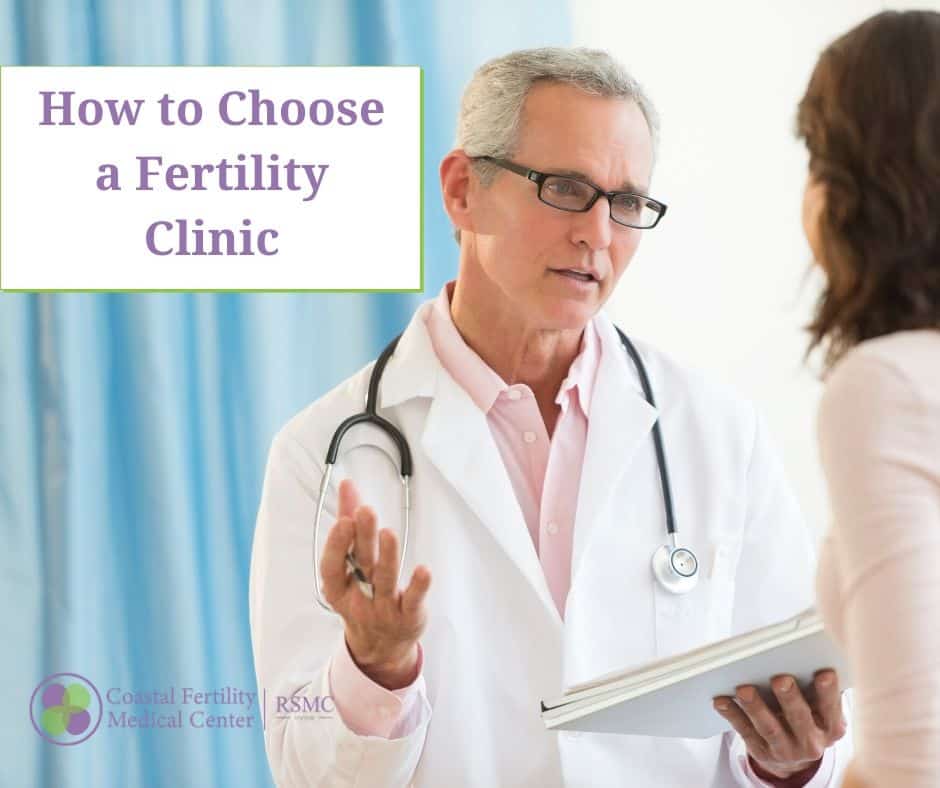All Categories
Featured
Table of Contents
- – Who Is The Best Ivf Clinics Albuquerque Nm Comp...
- – What Is The Best Ivf Doctor Albuquerque Nm?
- – Who Is The Best What Is Fertility Center Albuq...
- – How Do I Find A Reproductive Clinic Near Me N...
- – How Much Should I Pay For Ivf Doctor Albuquer...
- – Is It Worth Paying For Infertility Centers A...
Who Is The Best Ivf Clinics Albuquerque Nm Company?
This see can be frustrating, however it is necessary that your care group understands you, your partner (if appropriate), and your health and answers any questions or concerns that you have. You can expect a number of basic next steps: Schedule or examine needed tests or treatments to assess your circumstance and help guide medical diagnosis and treatment.
These tests can include: Blood testing Ultrasound Infectious illness testing Uterine evaluation Semen analysis When your testing and any essential recommendations have been finished, you will return and meet with your care team to go over the very best plan for your fertility care. Typically, there will be several options for fertility treatment discussed: Extension of your natural cycle without any medication Controlled ovarian hyperstimulation (COH), a procedure that uses fertility medications such as Clomid, Gonal-F or Letrozole that promote your body to mature more eggs than typical (throughout a normal menstruation, typically only one follicle will ovulate one egg) or perhaps offer an opportunity for you to ovulate more consistently so that you can time direct exposure to sperm more dependably.
A lot of these surgical treatments may offer you the opportunity to conceive naturally while others might optimize your ability to develop with assisted reproductive innovations Some patients may need using donor sperm or donor eggs Certain clients may require treatment simply to deal with genetic concerns that may incline their offspring to specific diseases Keep in mind that your insurance coverage may contribute in deciding your course of actionsome insurance coverage strategies will allow you to proceed directly to IVF, while others may require a number of cycles with COH.
What Is The Best Ivf Doctor Albuquerque Nm?
Benefits consist of the need for less medication, less monitoring and the opportunity to do treatments in consecutive cycles if required. For women with irregular cycles, the objective is to regulate her cycle and control day-of ovulation to assist time introduction of sperm either through intrauterine insemination (IUI) or timed intercourse.
Intrauterine insemination (IUI) is a procedure that assists with insemination. Throughout IUI, either your partner offers a semen sample or donor sperm is used. The sperm is then processed to assist guarantee we have the very best sperm available. The timing of your IUI depends upon your follicle development. When tracking shows that your ovarian follicles have grown to appropriate size, egg maturation and ovulation will be activated and the IUI will then be finished one to two days later on.
36 hours later on, among our fertility physicians will perform your egg retrieval. cheap dumpster rental. This is an outpatient procedure performed under sedation in the Fertility Center on Mass General's main campus. There is very little danger related to this treatment, but you will wish to plan to take the day off and arrange for a ride home.
Who Is The Best What Is Fertility Center Albuquerque Nm Company?
Some patients choose to take additional actions based upon previous testing results that might assist to increase opportunities of success: Intracytoplasmic sperm injection (ICSI) the sperm is injected straight into an egg Helped hatching a hole is poked in the embryo's external membrane to increase opportunities of implantation Preimplantation hereditary testing hereditary screening is done on the embryos before they are moved to your uterus to identify whether any hereditary problems exist After 3 to 6 days, we will identify the number of embryos have actually been developed and assess the health and growth of the embryos.
While this strategy usually does not alter, it is possible, based upon how the embryos are establishing, that the doctor and embryologist at your transfer may recommend a different number to consider. small dumpster rental. Please examine the Mass General Embryo Transfer Guidelines so that you have a full understanding of how these transfer choices are made.
35.3588906898588,-106.342370040468Please comprehend that our fertility doctors cover the IVF Unit on a weekly basis meaning that one service provider will be doing all the egg retrievals and embryo transfers for that week, helped by one of our reproductive endocrine fellows. It is extremely most likely that this physician will not be your primary fertility doctor, but please be assured that everyone on our team are highly qualified and specialists in their field.
How Do I Find A Reproductive Clinic Near Me New Mexico Service?

We'll team up with you on next steps and respond to all your questions and issues.
Through the Couples Clinic at UW Health's Generations Fertility Care, both members of the couple go through a routine assessment. Since infertility is not simply a female's issue, assessing both members makes sure the most reliable treatments can be advised.
Fertility doctors, clinics and labs have an enormous variety of experience. cheap dumpster rental. For instance, while almost every fertility center in the United States markets their capability to do egg freezing, less than half have actually ever thawed a single egg. The freezing and thawing of eggs are delicate processes and you'll wish to choose a clinic that can show to you they do it routinely, and successfully.
How Much Should I Pay For Ivf Doctor Albuquerque Nm Services?
The reality is that if you need to utilize the eggs you froze, you'll have them thawed, inseminated, and transferred at the clinic where they are saved. That is IVF, and it's a much more involved process than egg freezing. For clients attempting to conceive now, you will desire to go to a clinic that has a sufficient quantity of practice.
On the other hand, we did not find an upper end of the range whereby a center can do too many cycles. There are some completely great centers that do less than the typical number of yearly cycles, but you need to make doubly sure that they are extraordinary for their size.

One example may be when a patient needs to advance from IUI to IVF. While IVF is typically 3 5x more reliable on a per cycle basis, it is also 8 10x more expensive. We consult with a lot of ladies who felt like their physician "instantly wanted to jump to IVF", and just as numerous who felt that their clinician "squandered precious time on IUIs that weren't working".
Is It Worth Paying For Infertility Centers Albuquerque Nm?
There are many underlying reasons why a woman, or couple, can not have a kid. Frequently the underlying causes are incredibly intricate, and require a reasonable quantity of specialization to attend to the issue. Hence there are clinicians who are particularly proficient at treating diminished ovarian reserve, PCOS, endometriosis, and the 10 to 20 other conditions that cause infertility.
So is avoiding physicians who will determine you have the only thing they understand how to treat. Clients who struggle with male factor infertility, should be seen at a center with a reproductive urologist on personnel. Those who are dealing with recurrent pregnancy loss, and for whom "getting pregnant" is not the problem, probably do not desire to be seen by a doctor whose just answer is: "Just do more IVF".

This choice has various implications, consisting of the possibility the transfer will cause a live birth, too the possibility twins will be born, with the associated threats to both the provider, and the offspring. You can see some of the associated threats below. While many doctors and clinics say they insist upon moving a single embryo at a time, the truth is that 50 70% of transfers still include several embryos.
Table of Contents
- – Who Is The Best Ivf Clinics Albuquerque Nm Comp...
- – What Is The Best Ivf Doctor Albuquerque Nm?
- – Who Is The Best What Is Fertility Center Albuq...
- – How Do I Find A Reproductive Clinic Near Me N...
- – How Much Should I Pay For Ivf Doctor Albuquer...
- – Is It Worth Paying For Infertility Centers A...
Latest Posts
How Much Should I Pay For Fertility Center New Mexico?
The Best Reproductive Clinics Albuquerque Nm Service?
What Are The Best Reproductive Clinics New Mexico Brands To Buy
More
Latest Posts
How Much Should I Pay For Fertility Center New Mexico?
The Best Reproductive Clinics Albuquerque Nm Service?
What Are The Best Reproductive Clinics New Mexico Brands To Buy